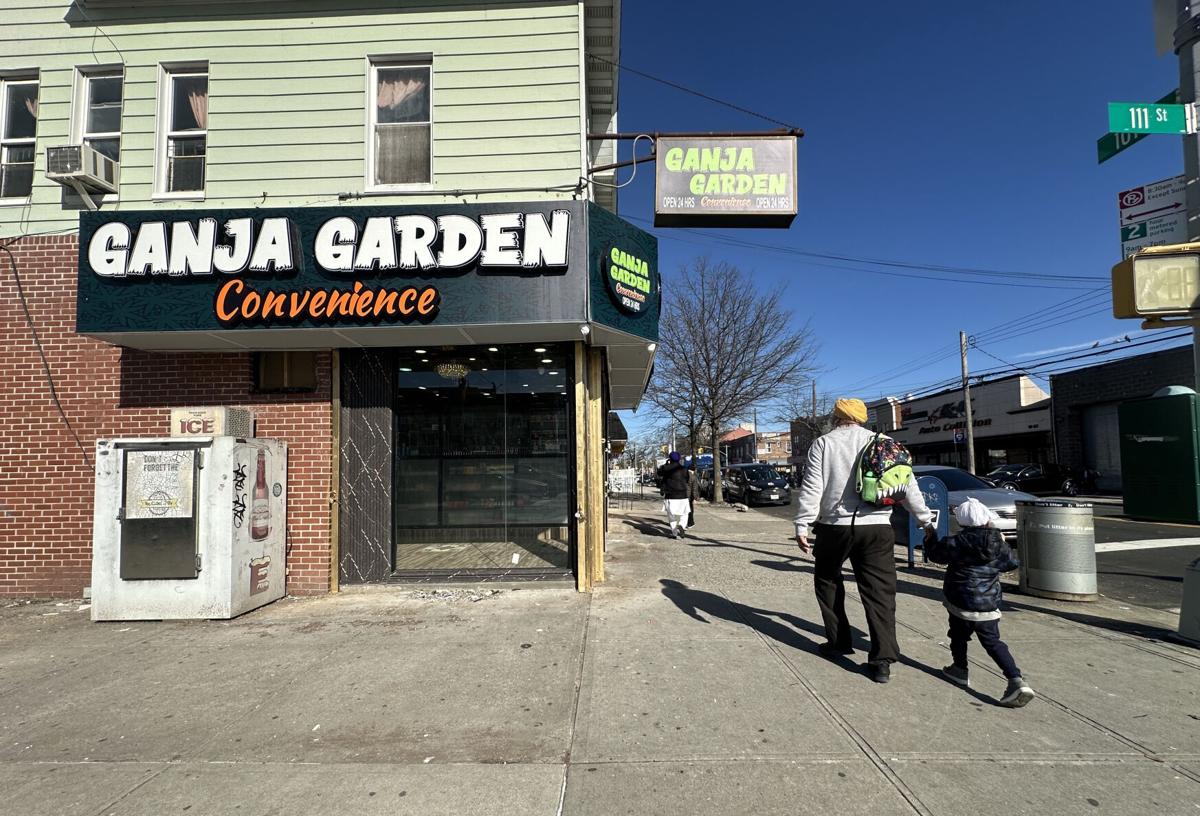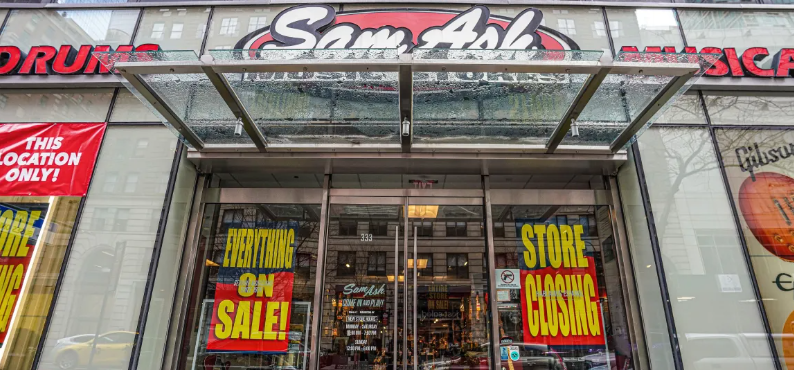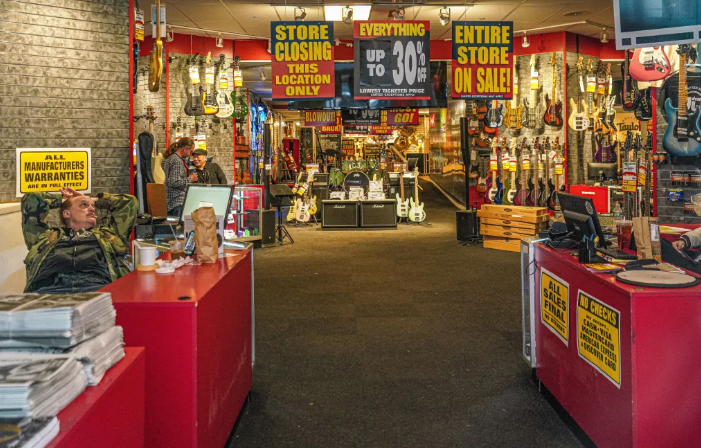Concourse Plaza Multiplex to close after 30 years, leaving just 1 theater for Bronx residents
From ABC News:
For all of modern American history, the movie theater has been a cornerstone of our culture.
It has become a gathering point for families, friends and maybe a first date.
And for more than 30 years, people in the Bronx turned to Concourse Plaza Multiplex Cinemas, but next month, the theater that has housed laughs, cries and everything in between, will shut its doors.
The theater first opened its doors in 1991 when “Home Alone” and “Thelma & Louise” were screening, but just ahead of summer, the final film will flicker across the theater’s iconic screens.
Locals are convinced the boom in digital platforms has made the movie-going experience more irrelevant.
“All these streaming networks, that’s probably what it is. Instead of spending money on movies, they probably just want to stay home,” resident Brook Schuler said.
The Bronx has just two theaters left. Once the multiplex shuts down, moviegoers will have to make their way to Bay Plaza in Co-op City.
Showcase Cinemas, the parent company of Concourse Plaza Multiplex Cinemas, was apparently unable to reach a new lease agreement.
Bronx Borough President Vanessa Gibson says the shutdown does not come as much of a shock.
“This is happening across the board where you sometimes have landlords and owners that are raising the price exorbitantly where the tenants can no longer afford it and they’ll say it’s not worth it anymore,” Gibson said. “We’re losing customers, we’re losing revenue, we can’t meet payroll and we just can’t maintain a business we’re operating at a deficit and no one wants to do that.”
Meanwhile, Feil, the landlord of Concourse Plaza, rejects claims that a new leasing deal could not be reached.
“Despite negotiating with the theater company and getting them to renew the lease, they chose to leave the community,” a representative for the company said
They said they are hoping to replace them with another theater.
The theater is just the latest entity in the once bustling shopping center on 161st Street to shutter. A food court and a grocery store also closed their doors for good in recent years.





